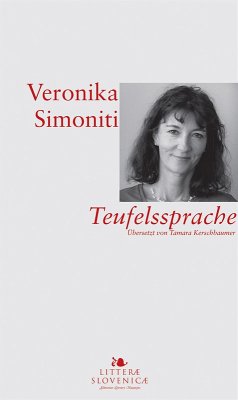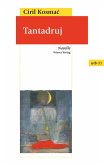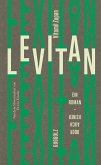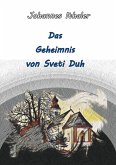Simoniti's protagonists in "e;Teufelssprache"e; ("e;The Devil's Tongue"e;) are often "e;multi-settlers,"e; people from multinational environments (e.g. from Trieste or Istria), uprooted, alienated from self and surrounding - often "e;victims"e; of the violent maelstroms of history. It is for this reason that Veronica Simoniti's fiction is a harrowing, nostalgic kaleidoscope of the war-stamped twentieth century. Her stories are not diffuse and fragmentary, but full-blooded and complex, sometimes enchantingly magical. Above all, however, they are disturbing narratives about what happens when people are transplanted from one language to another; they are about people on the border and about all those individuals who shift these borders, for example, in art (like Joseph Brodsky, Italo Calvino, Guillaume Apollinaire, Ivan Cankar, Max Brod, Carlo Michelstaedter, Silvina Ocampo or Alejandra Pizarnik). But the narrator's central dilemma remains: "e;If the borders of one's language are the limits of one's word, where are the limits of language as such? How far can we actually go?"e;
Dieser Download kann aus rechtlichen Gründen nur mit Rechnungsadresse in A, B, BG, CY, CZ, D, DK, EW, E, FIN, F, GR, H, IRL, I, LT, L, LR, M, NL, PL, P, R, S, SLO, SK ausgeliefert werden.









